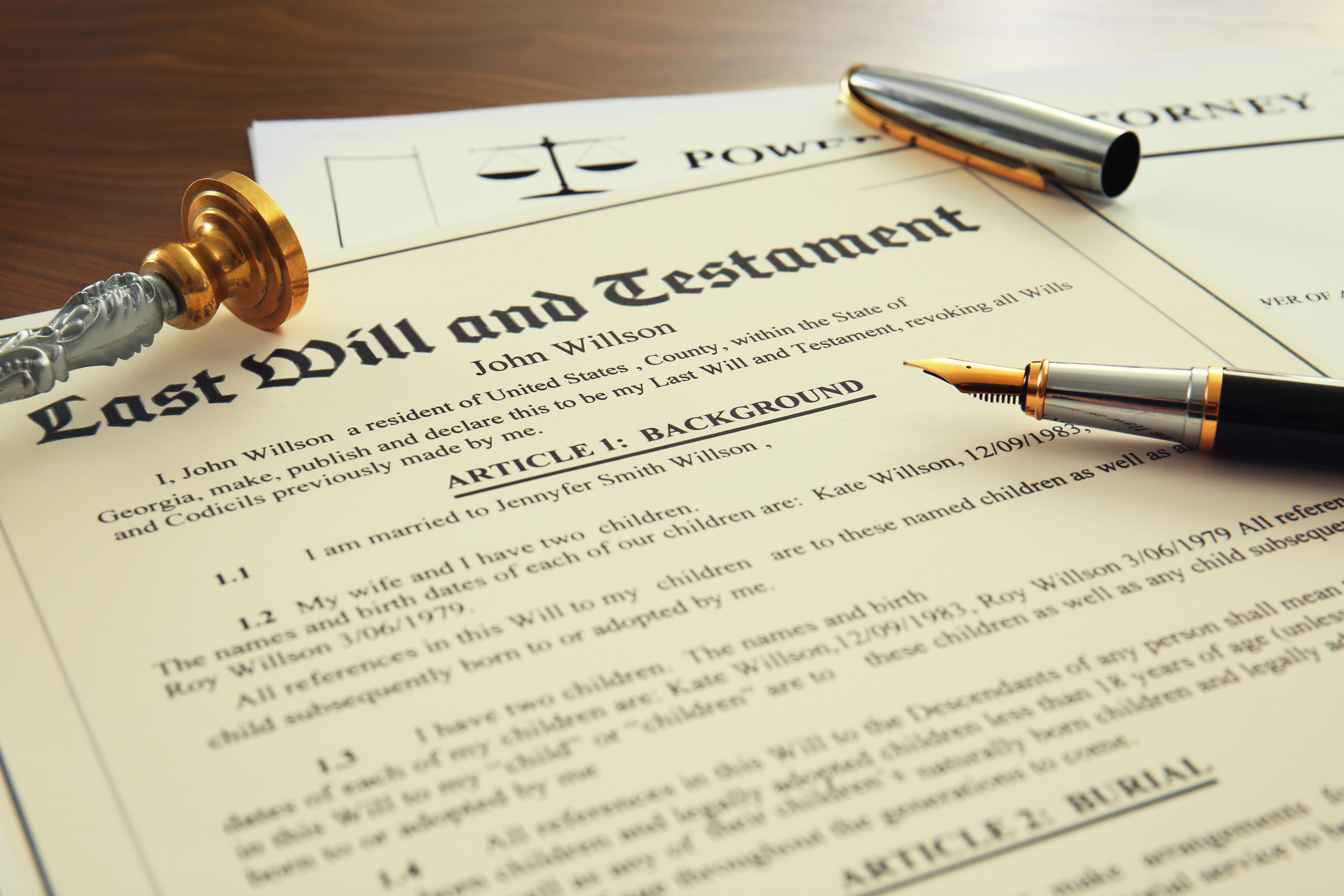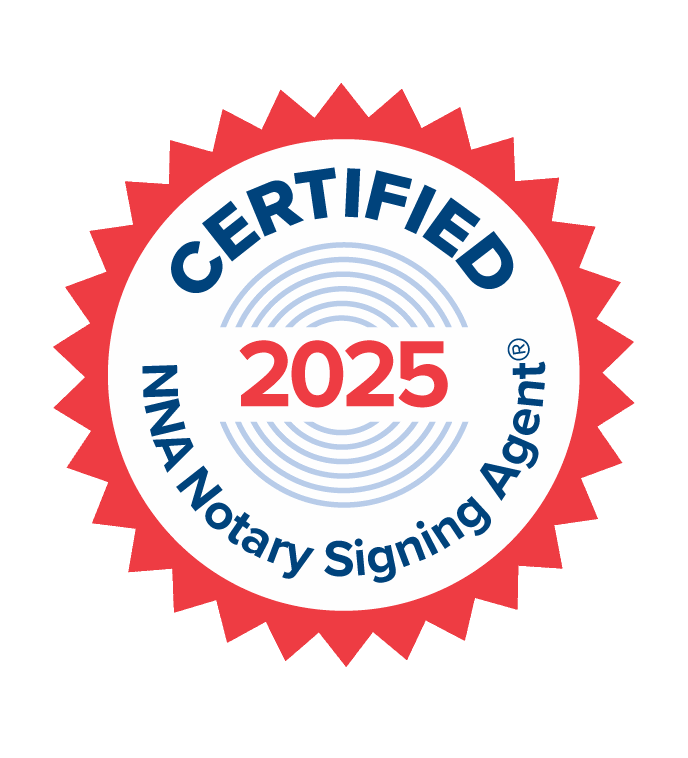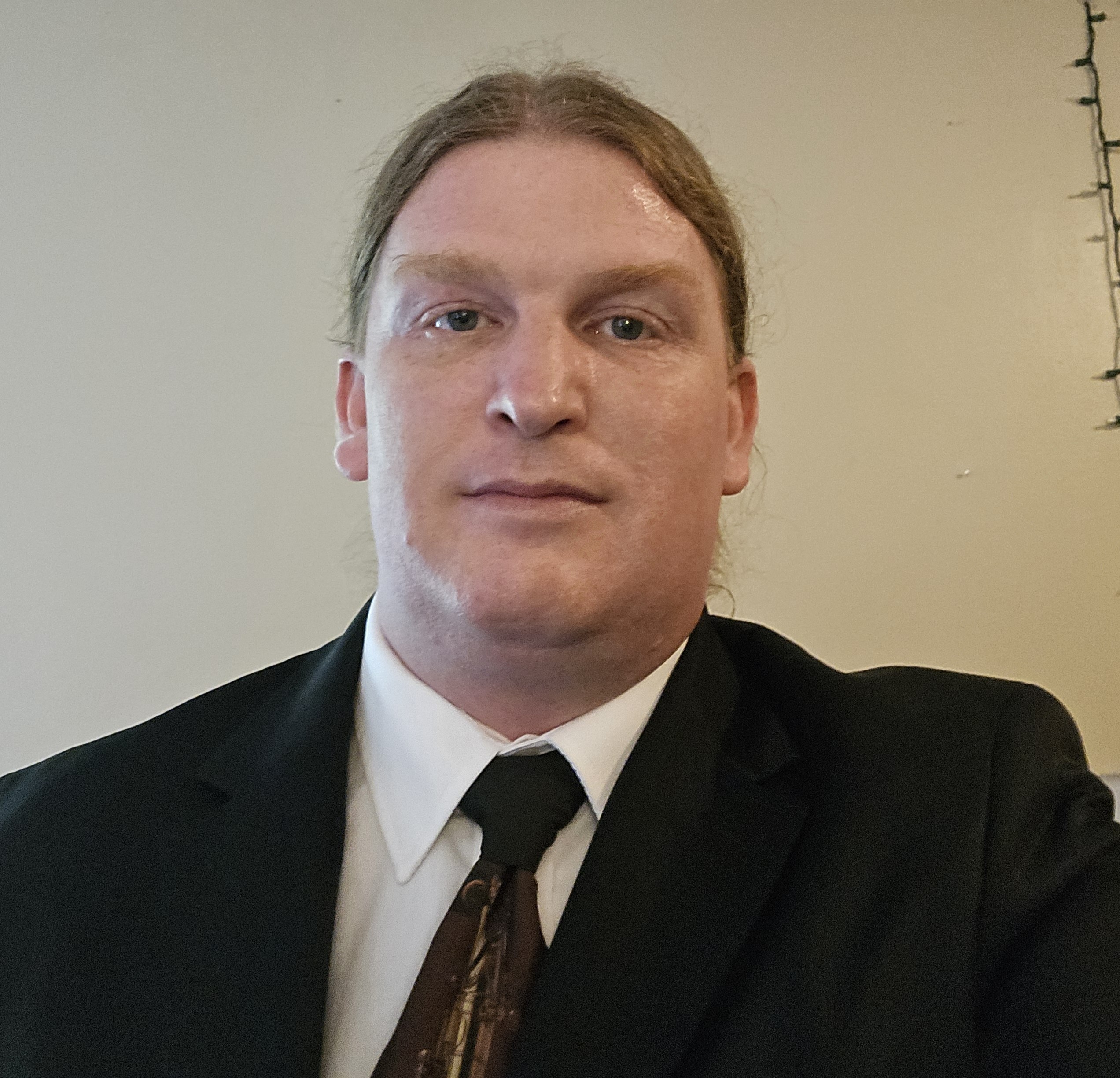What is a Notary?
Notaries are public officials appointed and authorized by the governments of the 50 U.S. states, the District of Columbia, and its territories to perform a range of important legal tasks, often involving the handling and impartial witnessing of signing important documents and sworn statements. This can include court documents, deeds, marital proceedings, loan closures and more. A notary's involvement helps legitimize these events through the legal eye and reduce the risk of fraud, making them recognized in courts and by businesses and safer in practice. Below are the main services they offer:
IMPORTANT NOTE: In Hispanic countries, Notarios Publicos are highly trained legal professionals akin to attorneys who provide legal advice and draft legal documents. In the United States, however, Notaries are state-commissioned officials with more limited witnessing duties and much less discretion.

Furthermore, if the signer does not speak a language the notary understands, a translator is permitted, however it must be a third party translator that has no stake or whose name is not mentioned in the document to be signed. Rules regarding this are strict in the legal world, so always be sure that if you do not speak English, that you have a translator present during notarizations and meetings.

- Under Florida State Law CHAPTER 117 NOTARIES PUBLIC
- Images used have been selected from Adobe Stock's royalty free photos.
Services Offered
Providing official notarization services for a wide variety of legal and financial documents, ensuring authenticity and compliance with state laws.
Convenient, on-the-go notary services. We come to you! Perfect for busy professionals or individuals who are unable to travel.
Administering Oaths and Affirmations
When a signer is required to make a sworn statement about certain facts, a Notary can administer an oath or affirmation. An oath is a promise to tell the truth under witness of a higher power (such as God), whereas an affirmation is the same without the religious context. Either one used, they both carry the same legal weight. Common types of oaths include:
- Affidavits
- Depositions
Unlike an acknowledgement, which simply confirms that the signer's signature is genuine, a jurat requires the signer to make a sworn statement or oath before a notary public. This statement is typically included in the document itself or attached as a separate certificate.
Witnessing Signatures and Taking Acknowledgments
One of the most common notarial acts performed by notaries public is acting as an impartial witness when someone signs an important document and acknowledges that he/she did so voluntarily and with full understanding of what the document entails. The notary's presence helps maintain the legal integrity of a document by preventing fraud and ensures that it is signed properly. The notary will record the event to provide an official record that can be referred to if the document's authenticity is ever questioned in the future.
An acknowledgment will include official verification that the person does indeed formally acknowledge the document's significance, which will be recorded. This is most often used for legal documents like deeds, mortgages, or contracts.
Attesting to Photocopies of Documents
A notary public in Florida is authorized to attest to the trueness of photocopies of certain documents. A Florida notary can only attest to photocopies of documents that meet the following criteria found in Section 117.05(12) of the Florida Statutes:
- The document is an original document (not a photocopy or a certified copy)
- The document is not a public record. If the document is a public record, the individual should obtain a certified copy from the appropriate public official. For example, certified copies of birth and death certificates may be obtained from the Florida Department of Health, and certified copies of transcripts may be obtained from educational institutions.
In order to attest to a photocopy, a Florida notary public must:
- Supervise the making of the photocopy. This is easiest to do if you make the copy yourself.
- Complete a notarial certificate that is typed, stamped, or written on the front/back of the photocopy or attached as a separate page.
Examples of such documents are:
- A Florida driver's license
- A diploma
- Medical records
- A bill of sale
- A contract or lease
- A personal letter
Certifying the Contents of Safe Deposit Boxes
Sometimes, it becomes necessary for banks and other financial institutions to open safe deposit boxes when the rental fee is past due. When this happens, Florida law requires a notary public to be present to inventory the contents of the box and make a certificate of the opening [Section 655.64(1), Florida Statutes].
Marital Ceremonies
Florida is one of the three states in the U.S. that allow notaries to perform marriage ceremonies. This service allows couples to have a simple, personal ceremony conducted by a notary, who will also sign the marriage license and officially file it with the appropriate authorities. Whether it's an intimate gathering or a larger celebration, the notary's role is to ensure the marriage is legally recognized. Notaries who are authorized to perform marriages typically follow state-specific guidelines for officiating, ensuring that both parties understand the commitment they are making and are doing so voluntarily. This option is popular for couples who prefer a smaller, more straightforward ceremony or for those who want a more flexible choice outside of traditional religious or civil officiants.
Verifying Vehicle Identification Numbers
When an individual applies for a used motor vehicle in Florida, the owner of the vehicle identification number (VIN) and the odometer reading on the vehicle are correct, and an authorized person must physically inspect the vehicle to certify the VIN. The notary will inspect the car to verify the VIN, complete the form HSMV 82042, and affix it with a notary seal.

- Under Florida State Law CHAPTER 117 NOTARIES PUBLIC
- Images used have been selected from Adobe Stock's royalty free photos.
Request Form
Request a Service

- Under Florida State Law CHAPTER 117 NOTARIES PUBLIC
- Images used have been selected from Adobe Stock's royalty free photos.
Contact
If you need to contact me directly, you can reach me by phone. However, if this is your first time requesting my service or asking a question, it is advised to use the Request Form so that your message does not get missed among the many I receive every day. Using the request form helps me keep track of messages and stores them for me to view once I have an opportunity. Thank you for your understanding.
Phone
(321) 696-1826
Hours
- Monday-Friday: 9AM-8PM
- Saturday-Sunday: 11AM-6PM
Area of Operation
I cover the following Florida counties:
- Seminole
- Orange
- Sumter
- Brevard
- Lake
- Volusia
- Osceola
- Polk

- Under Florida State Law CHAPTER 117 NOTARIES PUBLIC
- Images used have been selected from Adobe Stock's royalty free photos.
Legal Disclaimer
The information provided on this website is intended to describe the notarial services offered by Mr. James L. Smith, a licensed and certified mobile notary public. This site is for informational purposes only and should not be construed as legal advice. While we strive to provide accurate and current information about our services, all notarial actions are subject to the applicable laws and regulations of [Your State/Region], and the notary public’s duties and authority may vary by jurisdiction.
Important Notes:
- As a licensed notary public, James L. Smith is authorized to perform notarizations as permitted by state and federal law. This includes witnessing signatures, administering oaths and affirmations, attesting copies of documents, and other notarial acts.
- Mr. Smith is a mobile notary, meaning services are provided at the location that is most convenient for you. Notarial services can be performed at your home, office, or another agreed-upon location.
- All signers must be present for the notarization and must provide valid, government-issued photo identification for verification. The notary cannot notarize documents if the signers are not physically present.
- Mr. Smith reserves the right to refuse notarization if there are concerns about the validity of the document, the identity of the signer(s), or any legal requirements.
- By requesting notarial services from Mr. Smith, you agree to the terms outlined above and confirm that you are aware of your responsibilities as a signer.
- For more information or to schedule a notarization appointment, please contact Mr. Smith through either the request form or by phone using the provided contact information.
- Notary services CANNOT give legal advice. If you have questions about the legal implications of a document or the notarial process, we recommend consulting with an attorney.

- Under Florida State Law CHAPTER 117 NOTARIES PUBLIC
- Images used have been selected from Adobe Stock's royalty free photos.

